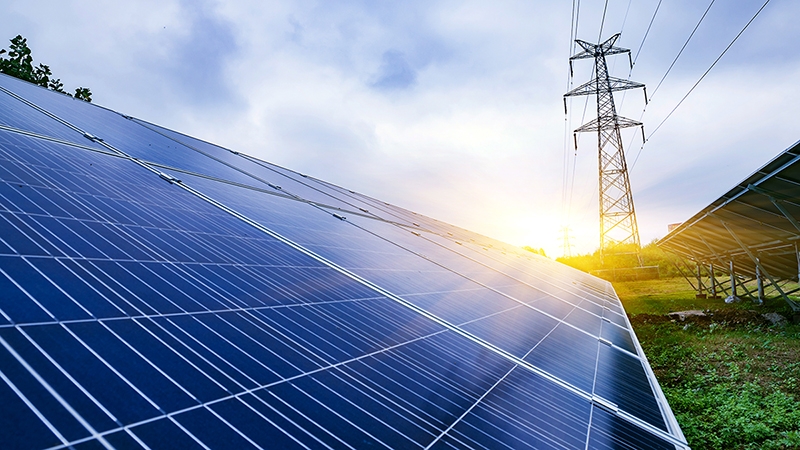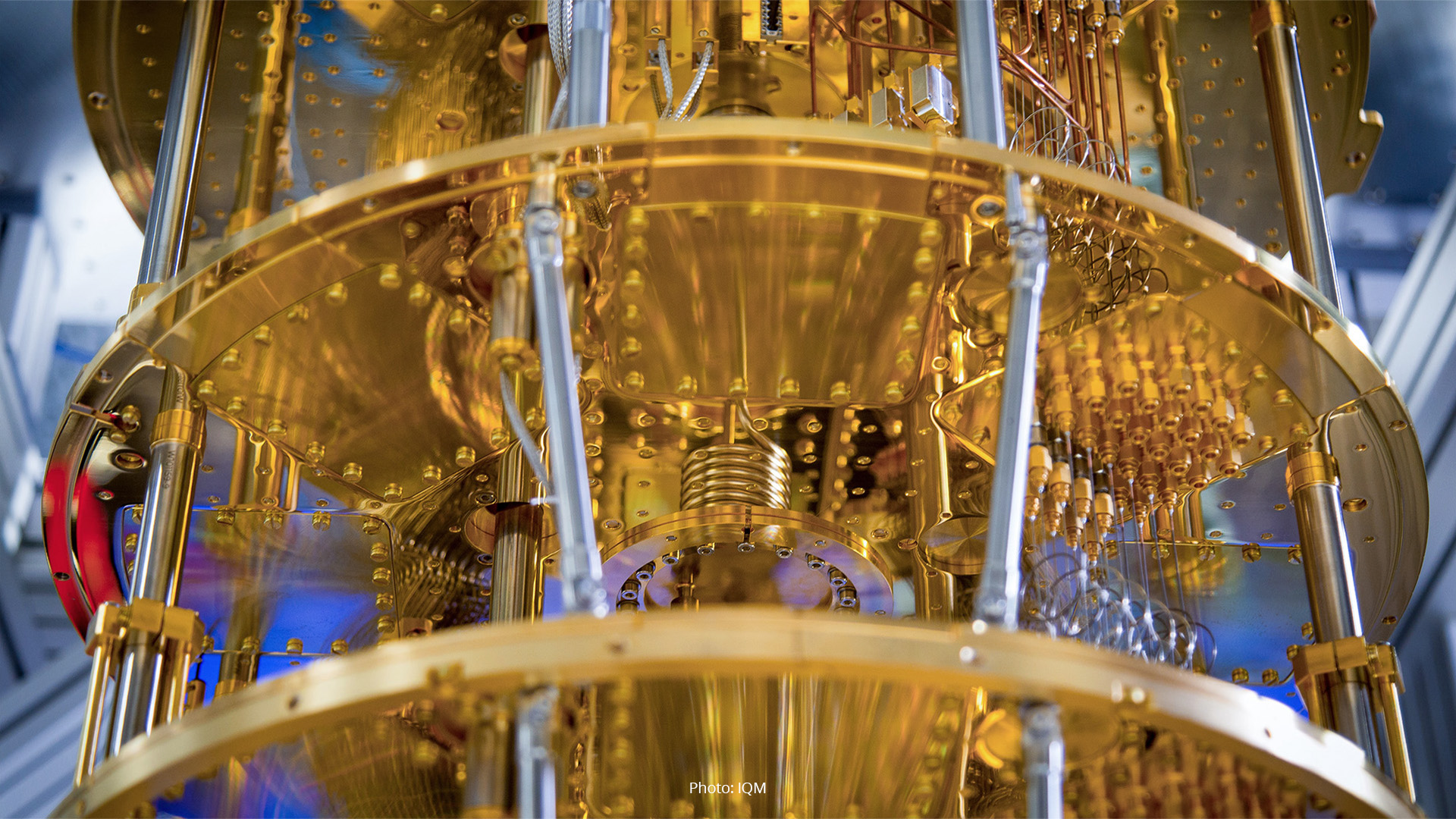Finland’s first tender process for accepting renewable electricity production into the new premium system will take place at the end of 2018. The purpose of the premium system is to promote renewable energy power plant investments in a technology-neutral fashion. Electricity produces can participate in the tender process with wind, biogas, wood fuel, solar or wave power investments. In addition to wind power, the subsidies paid in the premium system are expected to go to electricity produced from wood fuel in particular.
Renewable Energy Tenders are Won by Well-Planned Projects

Related services
The upcoming tender process will accept a maximum yearly production amount of 1.4 TWh into the premium system from renewable power plants. The filing period for the Energy Authority’s tender process being organised this autumn is 15 November–31 December 2018. Arranging this kind of tender process requires that separate authorisation is included in the government budget. This being the case, the time of the next potential tender process has not yet been confirmed.
Premium and Annual Production Bids
The most cost-effective and competitive projects will win the tender process. Project developers have to submit binding bids for the subsidy level (euros/MWh) (premium) at which they are willing to produce a certain amount of energy (MWh) per year. Each winning project developer will receive a maximum subsidy of the amount of the premium in their bid for the energy they produce. The maximum premium allowed in the bids is 53.5 euros/MWh
The bid must also state the power plant intended to produce the electricity. It will be possible to supplement the information in the bid later on as the implementation of the project progresses by stating the aggregate nominal output or range of the power plant’s generators or solar panels. The final power plant must be notified to the Energy Authority within the limits of the stated range no later than two months after three years have passed from the decision accepting the power plant into the premium system being issued.
General Requirements
To participate in the tender process, renewable energy projects must be carefully planned and be far into development. In order for a power plant project to be accepted into the premium system, the project has to meet the requirements set in the Act on Electricity Produced from Renewable Energy Sources (1396/2010, as amended):
Electricity Producers Will Be Required to Post Security in Two Stages
In addition to being far into development, electricity producers will be required to post security for the fulfilment of their obligations both during the tender process and during the implementation phase.
First, electricity producers will be required to post a participation security for the Energy Authority when the producer files its bid. The amount of the participation security is the amount of yearly electricity production multiplied by 2 euros/MWh. The participation security must be valid until 30 June 2019. The participation security will be returned to the producers of losing bids when the results of the tender process are determined.
The electricity producers with winning bids will get their participation security back when they post a construction security for the Energy Authority, the amount of which is the amount of yearly electricity production multiplied by 16 euros/MWh. If the construction security is not posted within a month of the acceptance decision being given, the decision will lapse and the participation security will not be returned to the producer. The construction security must be valid for at least three years and six months.
Guarantees, guarantee insurance or pledged deposits issued by credit institutions or insurance companies or other professional financial institutions will be accepted as participation and construction security. The Energy Authority has published a template for the security to be posted.
After Acceptance
The electricity producer must at least partially connect its power plant to the power-distribution network in such a way that the plant produces electricity into the network within three years of being accepted into the premium system. The deadline is calculated from the date the acceptance decision was given. If the power plant is only partially connected to the power-distribution network within the three-year deadline, the construction security posted by the producer will be partially realised. If the power plant is not connected to the network even in part within the three-year deadline, the construction security will be realised in full.
Furthermore, if the power plant has not been fully connected to the power-distribution network in such a way that it fully produces electricity into the network within five years due to a reason attributable to the producer, the acceptance decision will lapse and the power plant project will be excluded from the premium system.
Falling below the amount of power generation stated in the bid will lead to sanctions. The electricity producer is obligated to pay underproduction compensation to the state if it does not produce the accepted amount of power. The power plant’s average output must be at least 75% of the yearly production during the first four-year ‘subsidy period’, and at least 80% during subsequent periods. The underproduction compensation is determined based on the premium in the bid and the amount of underproduction. However, the electricity producer will not be obligated to pay underproduction compensation if the shortfall is attributable to the system operator.
Electricity producers accepted into the premium system also have other obligations relating to, for example, the implementation of the power plant and reporting.



